For centuries, women in India have been suffering from different forms of disability, discrimination, injustice and inequality. The identity of women in India and in the world at large is marred by social, economic, political, and cultural forces. As a result, women continue to remain on the margins of society. Their contributions to society go unnoticed or undervalued. The natural differences between male and female are actually converted into socially constructed differences which come in terms of acceptance and participation in the construction of society. In this context a National Seminar on the topic, Women Empowerment: Revisioning Identities and Building Strategies for a Participatory Society, becomes relevant.
Women as a category or group constitutes about half of the world’s population but equality of women is still compromised in our society in terms of acceptance, role and participation in the construction of society. Their status and position have been inferior to the male counterparts of society. When we talk about India, it is a region of striking social, economic and cultural diversities with wide variations. Though it has experienced exceptional growth and rapid development in the past years in many realm and gender equity and economic participation of women in development is one of them; nonetheless, there are still miles to go.
The National Seminar aims to highlight the structural elements that would enable any given social system to develop into a more participatory society and discuss new narratives in women empowerment paradigm. The concepts of ’empowerment’ and ‘participatory society’ will remain compromised, unless, we bring women to the centre and create an enabling environment where men and women can work together for a more humane and just society. A bottom-up approach would facilitate this network of individuals and communities, groups and projects, to form a truly participatory world where every person could reach to the fullest potential. We are convinced that empowerment of women is not just a call to remove the subordinate position of women but a demand for building a just and participatory social order. Such a development can only be materialised by conversion of the prejudiced mindset . We need to overcome our own conditioning and move from an oppositional force on the margins of public discourse to a wider movement with majority support and participation to ensure women’s roles in a Participatory society. It is truly a matter of discussion as to how one approaches the creation of this new world amidst such confusion, cynicism, ignorance and alienation. A bottom-up structure would facilitate this network of individuals and communities, groups and projects, to form a truly participatory world where every person could reach their full potential.
Many Constitutional obligations are there in the Indian Constitution which talk about empowering women. These Constitutional obligations must be honoured as well by ensuring that the Feminine Jurisprudence is inculcated within our society through the enforcement of these Laws. An effort should be made to work hand in hand to ameliorate the position of women so that the Constitutional ethos of social, economic and political justice is reflected in our lives. This it would be the mirror of a “Participative society”.
The two day national seminar was an opportunity to understand the position of women in society. The deliberations in the course of the National Seminar provide an open-eye approach towards women in the contemporary society. The total number of papers presented at the seminar was eighty four. Out of these only fifteen were found worth publishing by the members of the peer-review team.
Violence against women is the use of physical force so as to injure, abuse, damage, or destroy. Violence is the intentional use of physical force or power, threatened or actual, against oneself, another person, or against a group or community, which either results in or has a high likelihood of resulting in injury, death, psychological harm, or deprivation. Prevalence of violence and gender discrimination prevent women around the globe from claiming and enjoying full human rights. Experience and data show that women are more likely to enjoy the full range of rights and face less risk of violence in countries with less gender inequalities, although they may not be the richest countries. Within countries there is evidence that disparities in the enjoyment of human rights are greater in poorer groups.
As far as the Constitution of India is concerned, there are provisions in the Indian Constitution that guarantee women several rights that are enshrined in the Preamble, in the form of Fundamental Rights, Fundamental Duties and Directive Principles. The paper entitled “ The Role of Constitution Vis a Vis Women Empowerment” by Mala Upadhyay stresses on the constitutional provisions which are clearly mentioned in our Constitution that talks about giving equal status to all irrespective of gender, caste or creed.
The fault lies in the mindset of the people where women are not given the place they deserve and this needs to be changed. Once she is on the move, the family prospers, society develops and the Nation progresses.
Education can play a very important role in changing the mindset (of the people. It can create awareness among women about the various rights and opportunities available to them. Ignorance of Law is no excuse and they need to be aware of their right which is only possible when they are educated. There has to be an unveiling of minds as it is our thoughts that make us what we are. Though understanding the mind is a complex process and controlling it a mammoth task, an initiative in this direction has to be taken.
Martin Poras and Rishika Agarwalin their paper Unveiling of Minds: an Essential Precondition for Women’s Empowerment, talk about patriciachial society and unveiling minds. It is the mind that thinks, plots, desires, manipulates, that flares in anger, that creates and indulges in waves of negative emotions and thoughts. According to them patriarchy has become an all encompassing world view, affecting the consciousness of both men and women in every society. Women all over the world have been forced to passively accept this world view which imposes an inferior status on them, even though its practices are inhuman and discriminating in nature. Women have learned to live with it and live in it. In the process, women have become victims of ideological captivity. In this context, policies and programmes alone are insufficient to empower women, unless there is a change in their mind-set. Abandoning the cultural baggage that women have inherited is an important signifier of women’s empowerment. A change in mindset will enable women to recognise their inherent worth and challenge the gender norms and roles, and thus contribute towards social transformation. This unveiling of minds can only be possible with proper education and awareness.
The Paper “Education and Empowerment of Women in Bihar: Role of Christian Organizations in 20th Century, by Jose Kalapura , talks about education being one of the most important tool for human progress. It also stresses on the role of Christian Organisation in educating and empowering women. According to him, ownership of power and resources, be it political, economic, religious, cultural, and educational, have been structured along caste lines in India since ancient times. Under the Hindu varna system of social segregation, many segments of the society including women were subjugated and did not have access to education. If knowledge is said to be power, education is the instrument to bring socio-economic justice and parity in Indian society. A welfare State is obliged to bringing equality and prosperity to all its citizens and establishing social justice. Therefore it is necessary that basic education is available universally to all of India’s children. Several programs initiated by the States and the Central agencies to strengthen the education system in India in the post-independence era can be of great help. These include special measures that are taken to educate the lower castes, Dalits, tribals and women. Besides the State, Non-Governmental Organizations (NGOs) also have contributed a lot to enhancing the level of education of society in general and of the marginalised sections in particular.
In the paper “ Bhartiye Naari Hone ki Vidambana ” (The Contradiction of Being Indian Women) Sushil Bilung argues that women in general have been subject to different types of atrocities and persecutions whether they be of any country .It is because of male chauvinism and man’s physical strength are given divine legitimization. Thereby men have been dominating women as and when it suits them. Till she defines herself through the process of education and realizes her worth, she cannot experience freedom and personal dignity.
Women not only need to be educated about their rights but they also need to be financially self-reliant and strong. As long as they are dependent on the male member of the family for their basic needs, they will remain suppressed and a patriarchal society will continue to exist. Farhan Khalid in his work titled “Financial Inclusion for Women Empowerment: A study on Financial Literacy among Indian Women” stresses the need for financial literacy and financial inclusion of women in the various sectors of the economy. According to him financial literacy can play a very vital role in empowering women to develop a financial identity to achieve economic freedom. It is indeed difficult to imagine an equal world without empowering women with equal social and economic opportunities. He also talks about the reasons as to why there is low financial inclusion and literacy among women. A majority of the women in India, especially in rural areas, are homemakers, which according to him is a full-time job with no payment. Lower participation in workforce and wide gender pay gap are other constraints. This results in weak economic and decision-making power for them within the household.
According to the paper “A Critical Narrative of Indian Feminism: a Saga of Multiple Contestations” By Jasmine Kantha, history of Indian feminism comprises the narratives of the movements and ideologies that reveal a vast terrain of multiple contestations including power relations, which have aimed at equal rights for women. The feminists of the third world disagree with the Western feminists’ essentialist, universalist and monolithic assumptions of the feminist discourse.
The fight as a feminist is not just against patriarchy. It is about dismantling patriarchy- the social system that keeps all intersecting oppressions in place. Different kinds of oppressions are interlinked, and one can’t liberate one group without the others. Indian feminism has tended to represent the interests and concerns of upper caste women rather than Indian women altogether.
According to the paper “Economic empowerment of women through MGNREGS: A case study of Mohania sub-division of Kaimur District in Bihar, by Niharika Kumari another field of women empowerment which is Economic empowerment through MGNREGS. A scheme initiated for the betterment and empowerment of women along with the development of rural population. The scheme is appealing particularly to women workers since it stipulates that 33% of the aggregate labourers employed through this scheme ought to be women. There are various factors which encourage women worker’s participation under this scheme such as the nature of work, which does not need to be skilled, limited hours of work, availability of work locally, worksite facilities, equal wage rate etc. The increased access to paid work due to MGNREGS has had a positive impact on women’s socio-economic status and general well-being. With increase in income women can have greater control over wages that can be spent on repaying small debts, improve housing conditions, paying for the schooling of kids, bearing medical expenses, saving for future emergencies and lastly, spending to fulfil their own desires and ambitions. Not only has this, but MGNREGA with its provision of direct benefit transfer had a hidden objective of giving women greater access to credit and financial institutions from which they had been largely excluded.
Samar Reyaz in his article entitled, Changing Role of Women in Bihar , talks about the ways in which the role of women in Bihar has changed in the past few years. According to him In India, a new face of women can be seen. A large number of women are taking progressive steps to boost up the Indian economy. They are revolutionary enough to lead the county towards prosperity. Fighting fearlessly, slowly but steadily they are emerging as a great power. The changing society is now creating a new concept of woman’s place which is giving as much recognition to her economic role as to her family role. Women empowerment is giving her inner strength so much so that she has reached the zenith.
When there is a discussion about economic empowerment of women the challenges that a working woman faces is to maintain a balance between her personal and professional life cannot go unnoticed. Piyush Sahay in his article entitled “Indian Working Women: Domestic Obligation and Professional Acceptance” discusses the status of working women and their role to achieve domestic obligation and professional acceptance. The paper talks about different types of domestic obligations faced by working women and the various professional challenges projected to them by their employers. It also describes how self help organisations and social forces can provide a protective support to empower working women in India.
Women have to go through a lot of security issues at the workplace. Mr Rakesh Kumar Pathak talks about the issue of security of women at work place. His Paper entitled “Proposed Framework on the role of wearable devices , Internet of Things and Intelligent agents foe Women Safety” presents an analysis of how technology especially computer applications and modern innovations in computer science like internet of other things, wearable gadgets and devices , Artificial Intelligence Safety Systems and other software’s and Hardware’s are helping in ensuring women safety and eventually leading to liberating women from many shackles. He talks about IOT and ICT as the two technologies that are effectively being used today by most of the working women.
The article entitled, Gender – Role Portrayal in Indian Television Cartoon, by Rakhi Gauravam, talks about media which is cartoon , playing a very important role in influencing children and that is cartoons. In the recent years viewership of television by children has resulted into separate genre on television. The kids genres in Indian television mostly contain animated / cartoon programs. Characters like ChhotaBheem to Doraemon, and many more catch the attention of children.. Children get attracted to these cartoon programs because of attractive and colourful images, animated characters and further on to the story and theme, when they grow up. Thus, cartoons play a vital role in shaping children’s thoughts, ideas and behaviour. Children tend to copy what they see . They imitate what they see in reality or on screen. They imitate similar gender characters more often. But the imitation of opposite gender characters is not apparent. Television cartoons are a medium of gender portrayal in its variety of content. The gender portrayal (stereotypical) by television cartoons influences the viewers through various means. When children are repeatedly exposed to stereotypical representation, they take it as the normal culture when they grow up
The last paper from this collection entitled,” An equilibrium Approach towards Gender Discrimination” sums up the whole concept of empowerment stressing on gender equality from both the genders perspective” . The writer Vineet Singh talks about gender equilibrium and not just about women empowerment. The paper highlight the discrimination based on gender in the workplace against men”. It tries to unravel the precarious situation of men at work in the backdrop of discrimination. It’s not only women who are discriminated on the basis of their gender. The notion of Gender Bias/discrimination at workplace has been majorly attached to the issues related to women employees and apparently discrimination against male employees has been paid negligible attention. Gender discrimination at workplace is referred to situations where the two sexes, who are equivalent individuals get varying consideration in work related matters like job roles, training programs, recognition, appreciation reward and compensation. In India specifically, it has been observed that there is less number of research studies on discrimination against men, and the theme has still been under-investigated. This concern is nonetheless, multifarious, as unfairness is not always by design destructive. There can be various undertones to this pressing issue which can be the reason including altercations in the conventional job roles, cultural prejudice attached to the personality attributes of men and women, and the men’s assumptions or rather lack of severity towards such gender inequity. There lies the conjecture that men are incapable of sensing the discrimination which might be crucial for them; consequently, they are marginalized in the interactive platforms when it comes to these issues; and they easily forgo the chance to act or even assert in such matters.

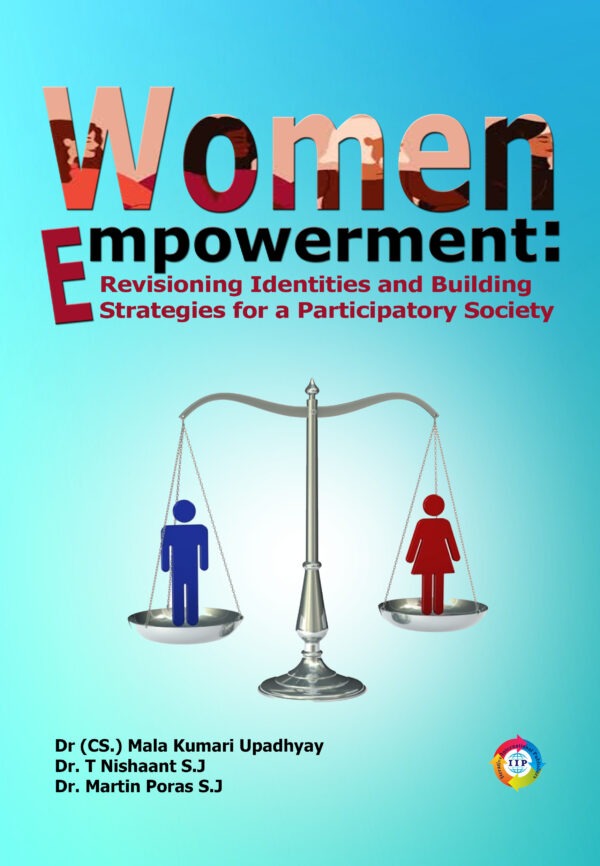
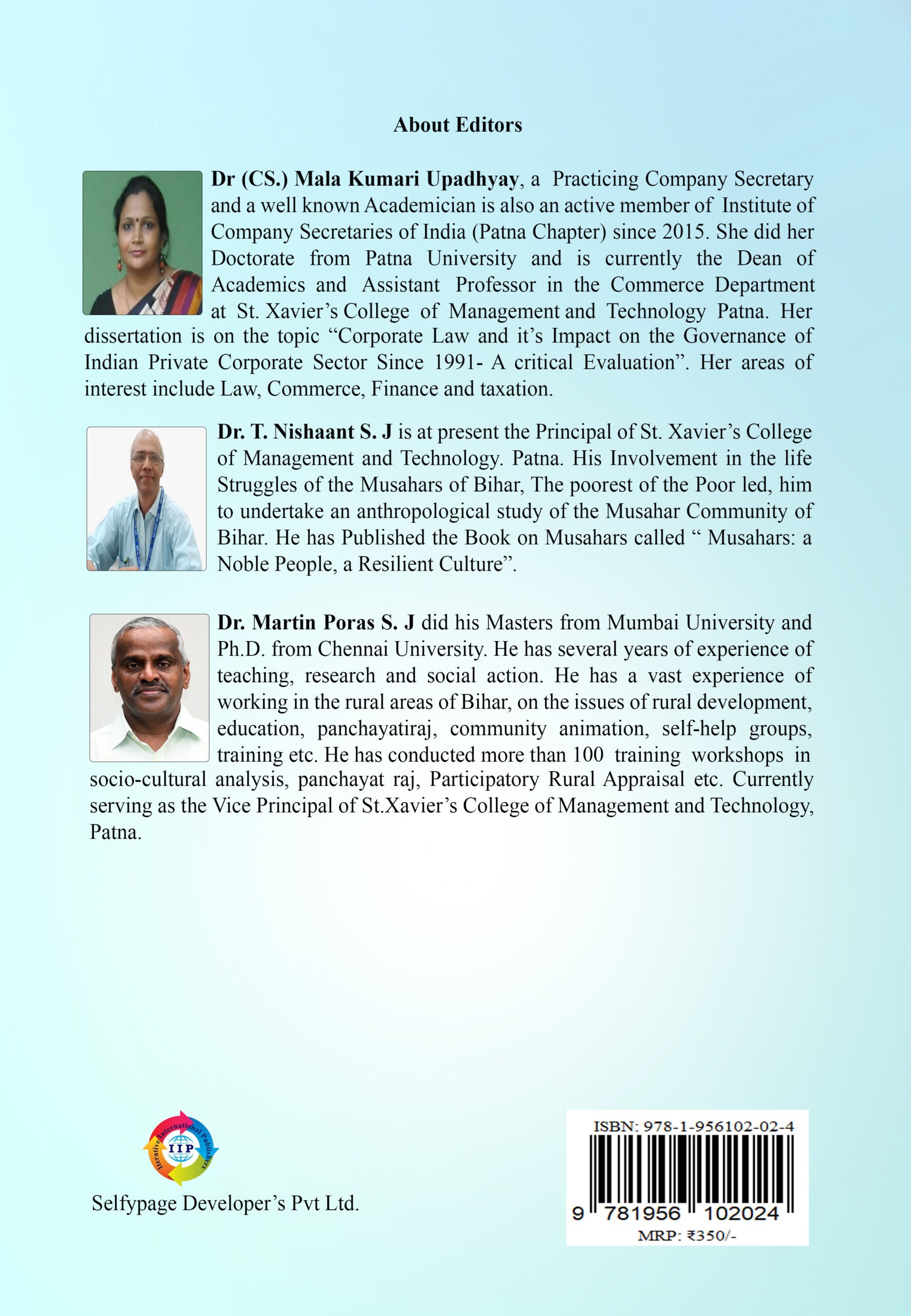


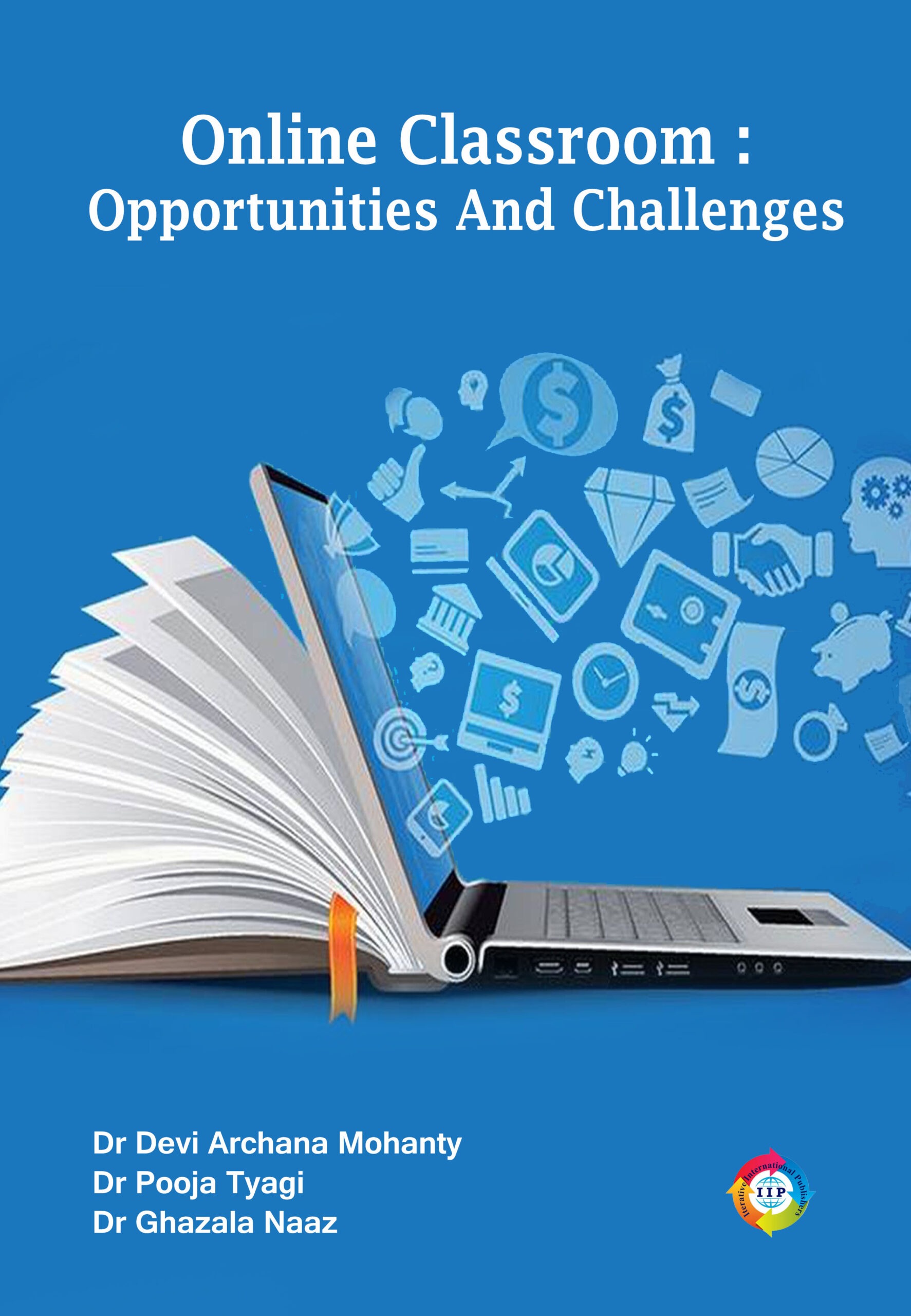
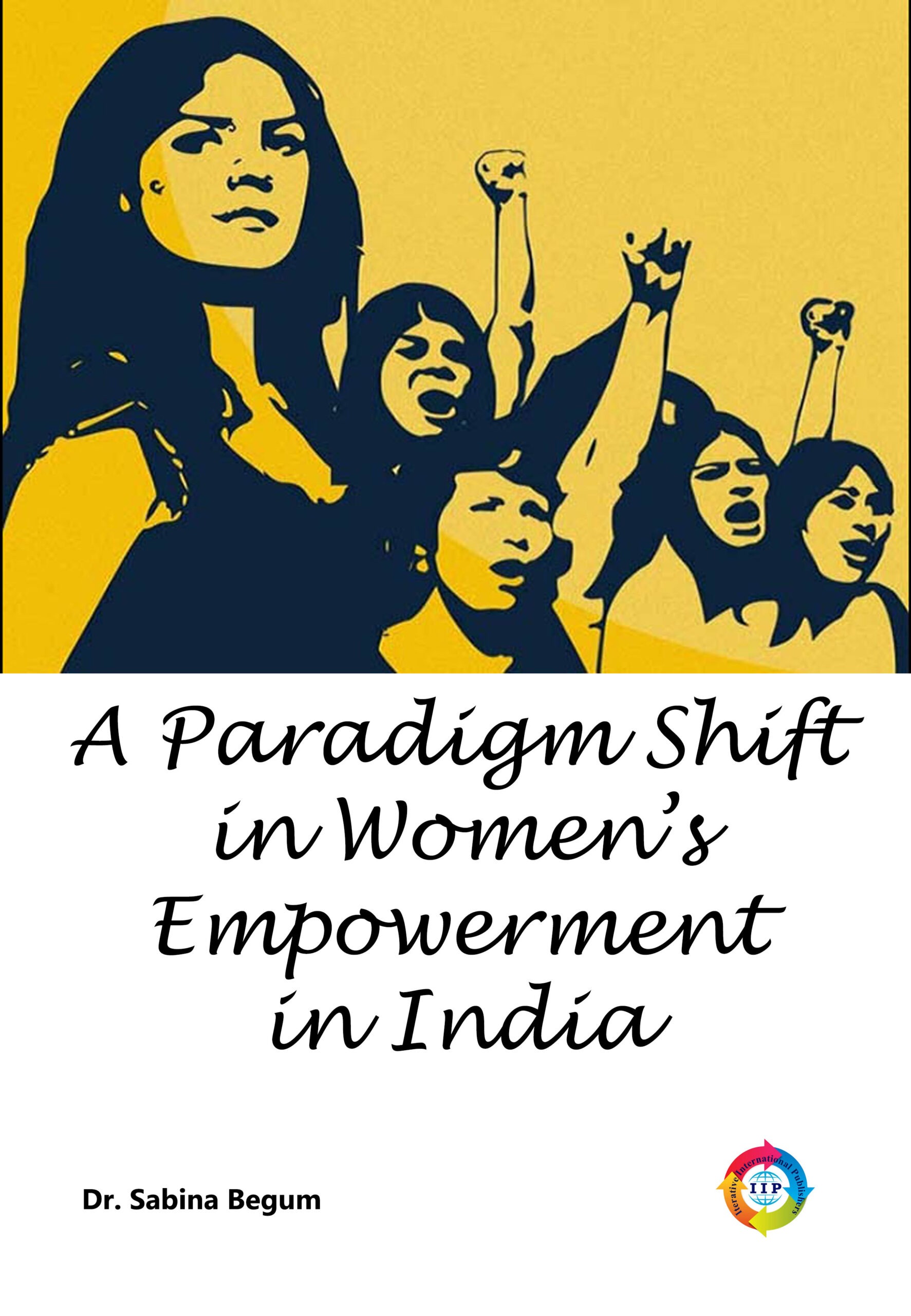
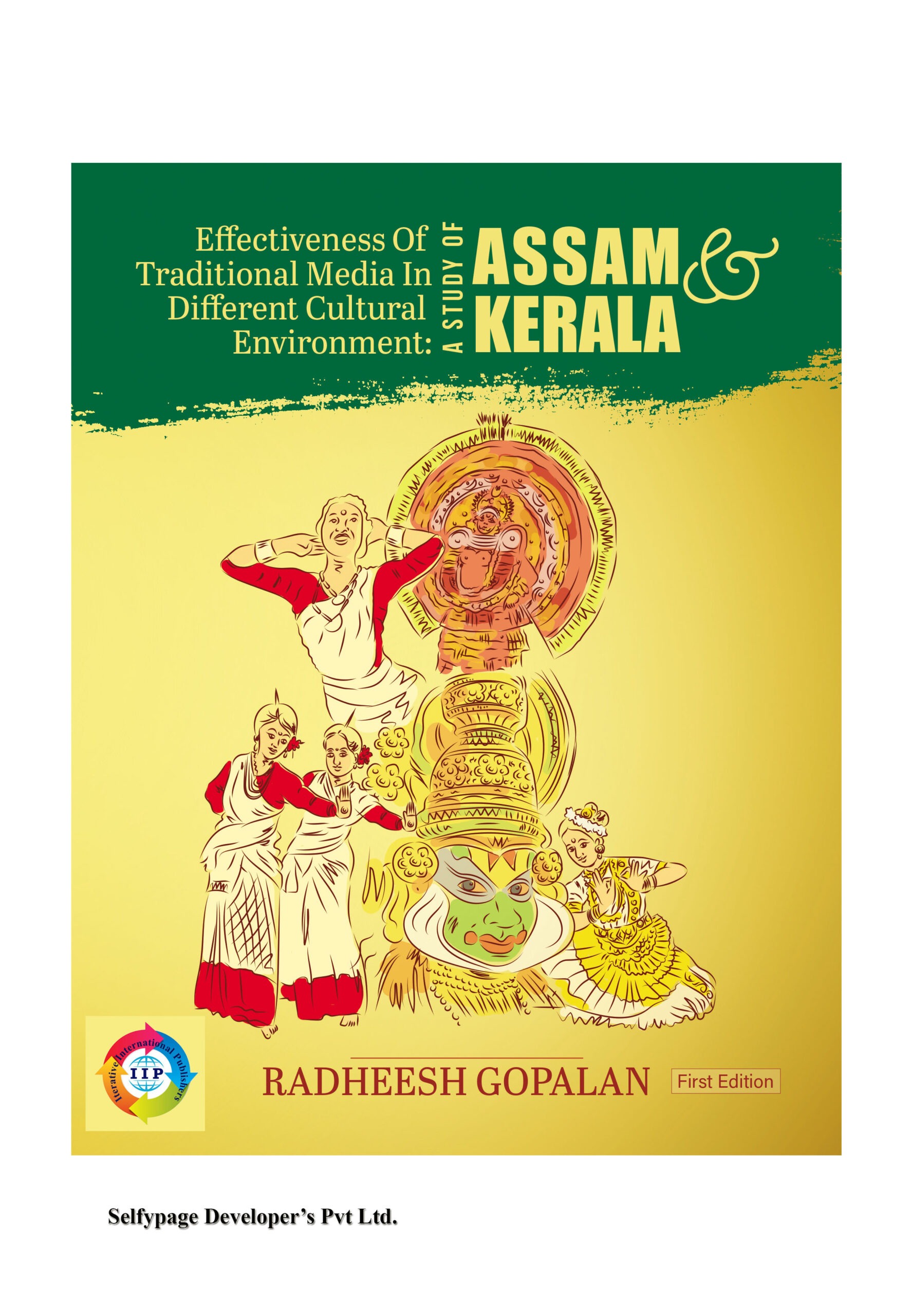
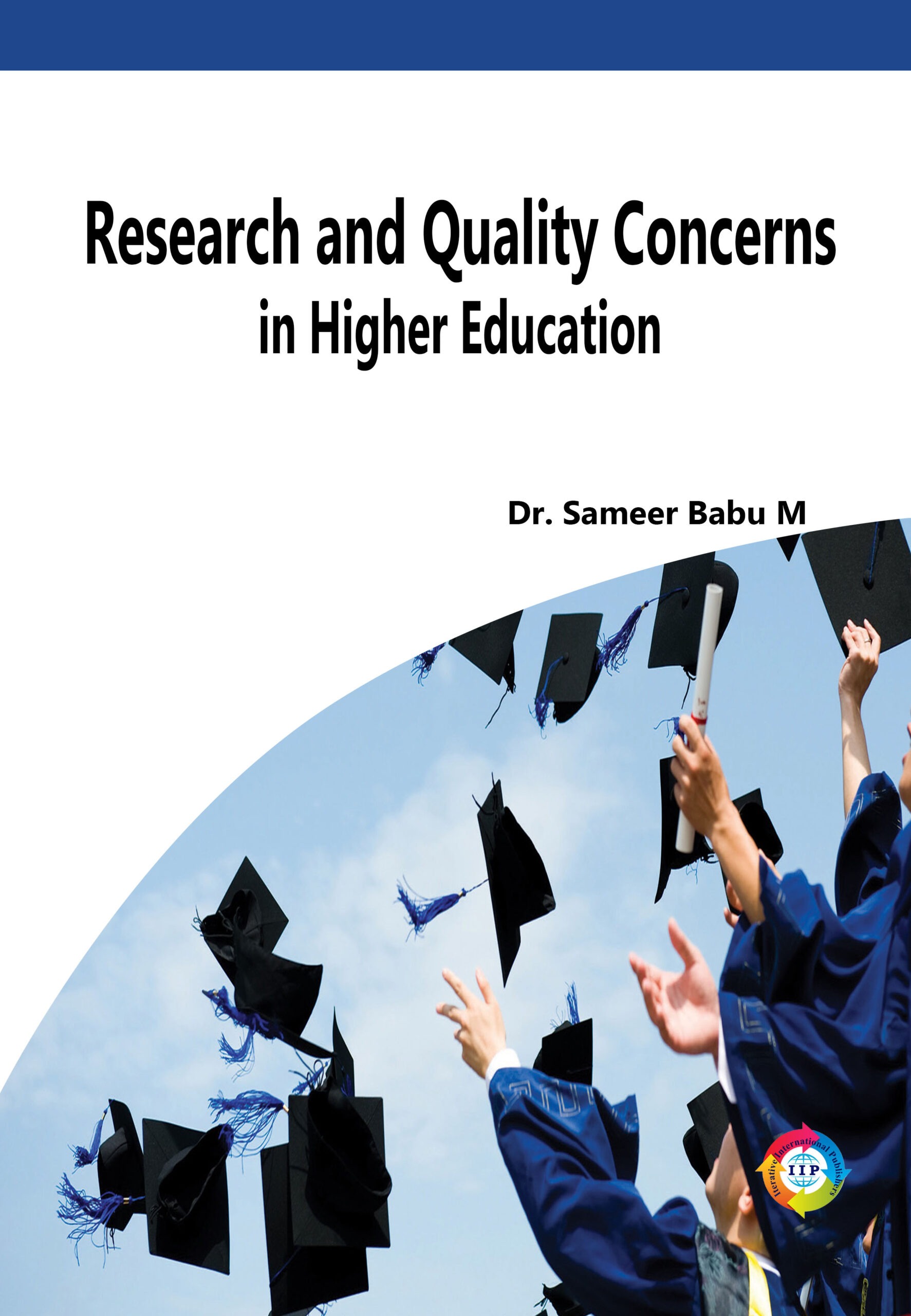
Reviews
There are no reviews yet.